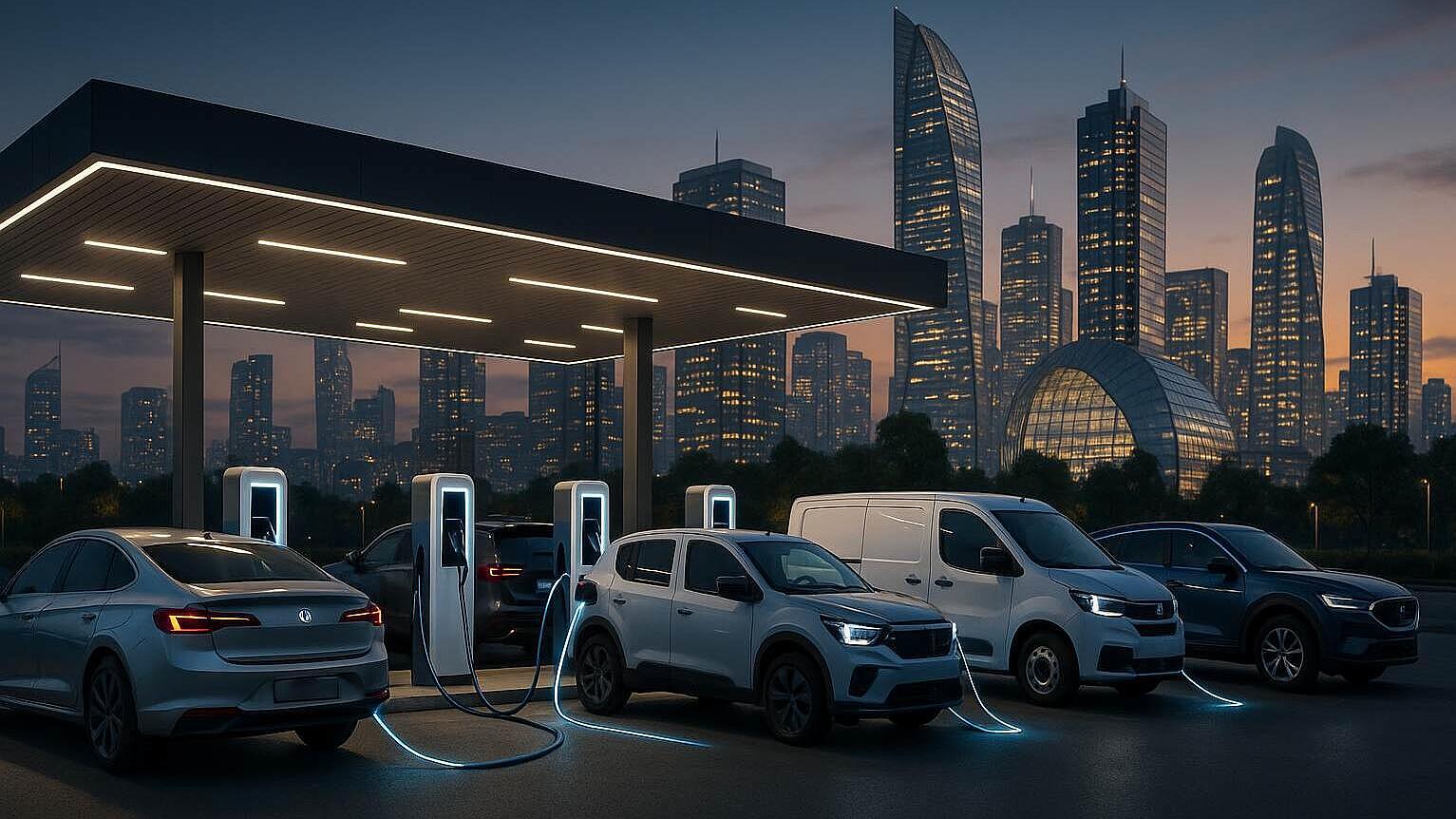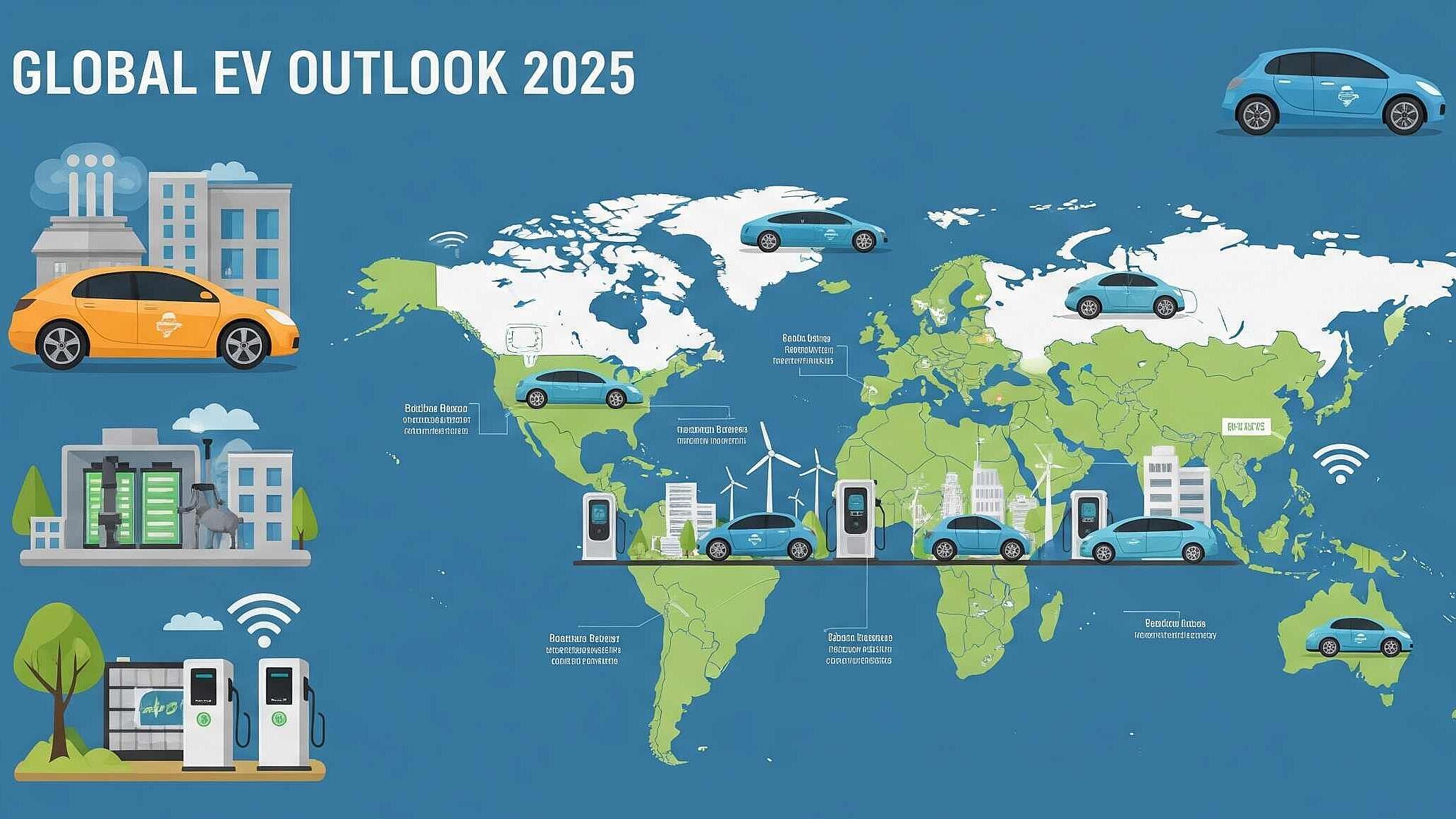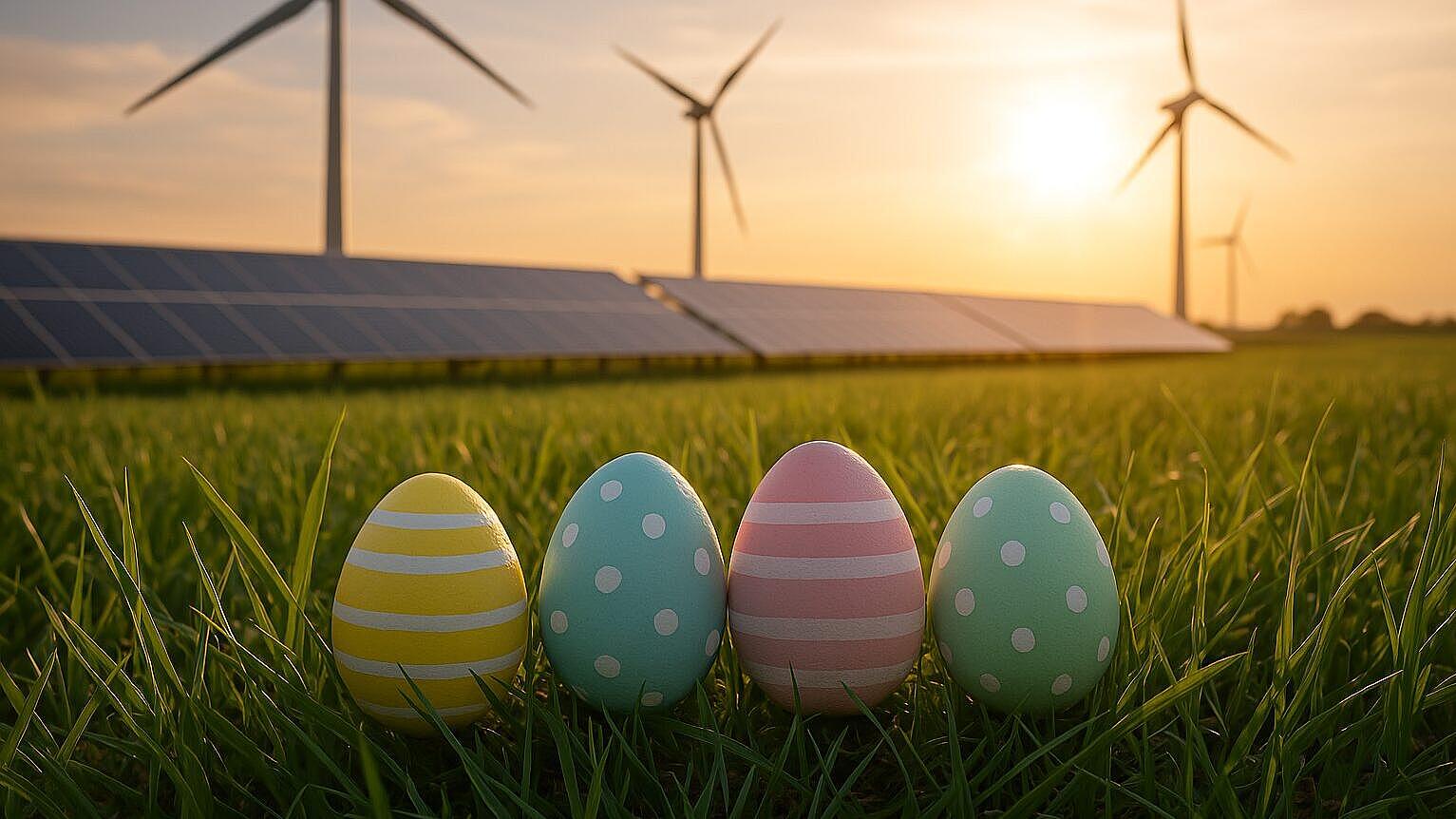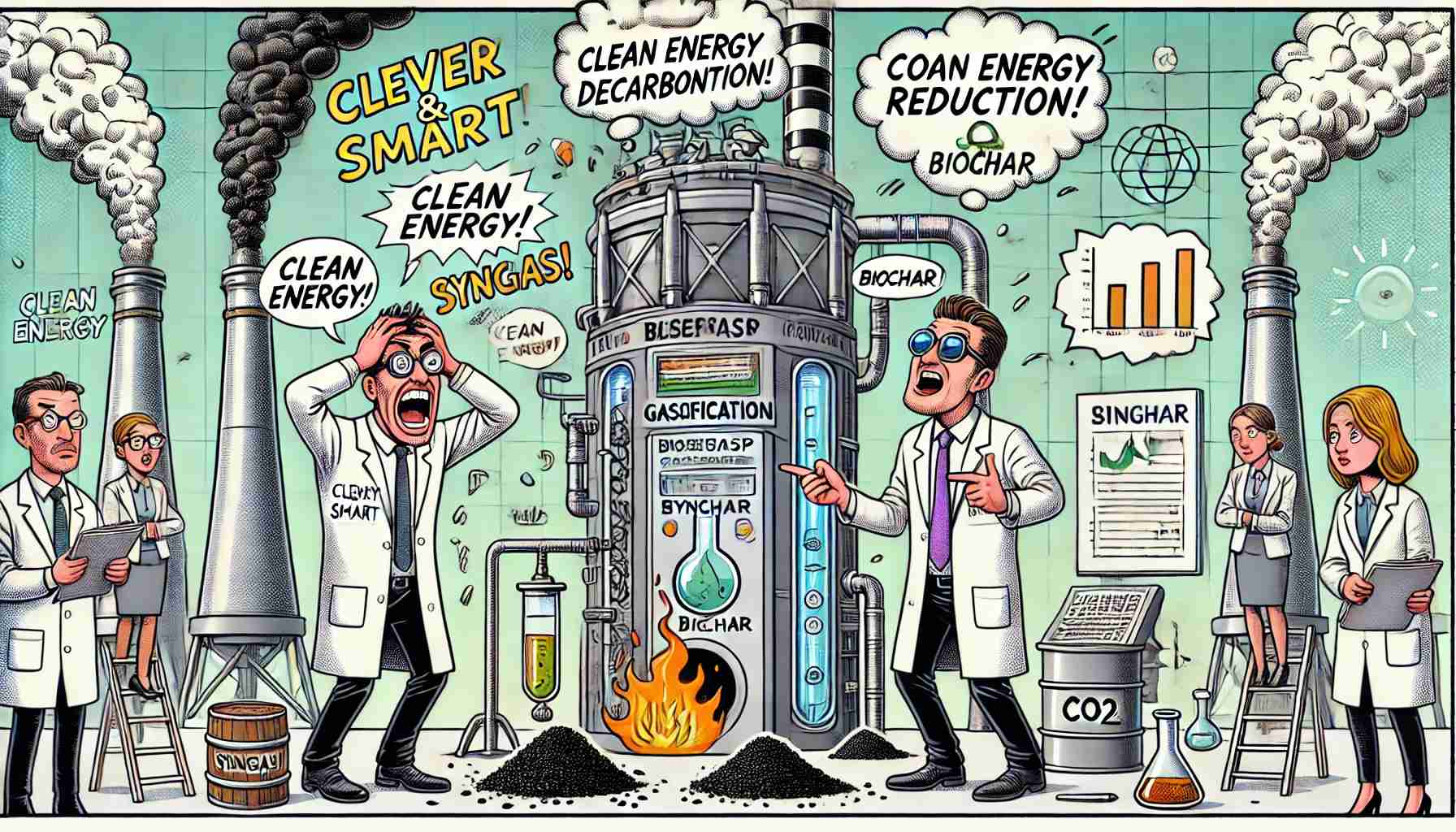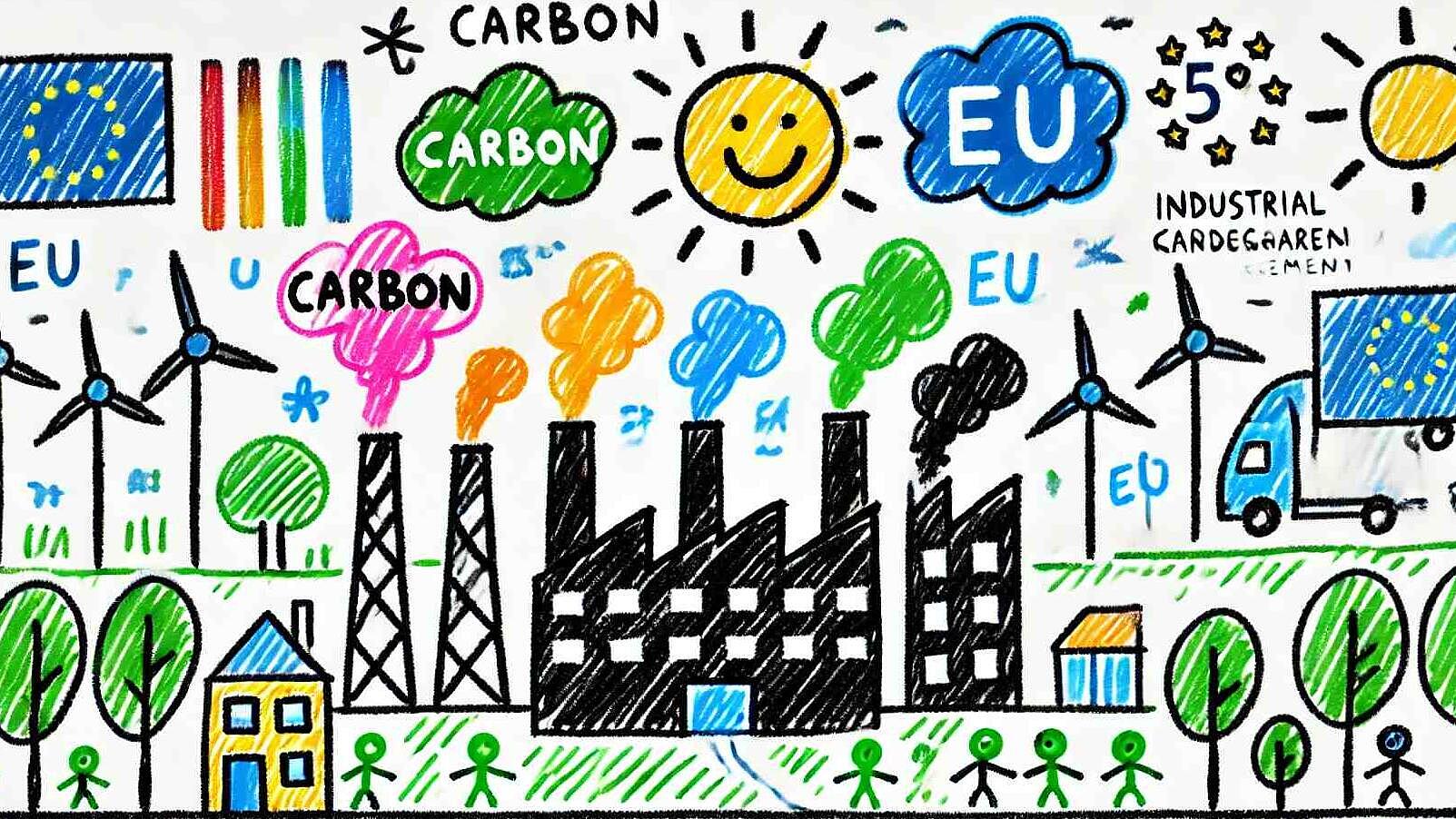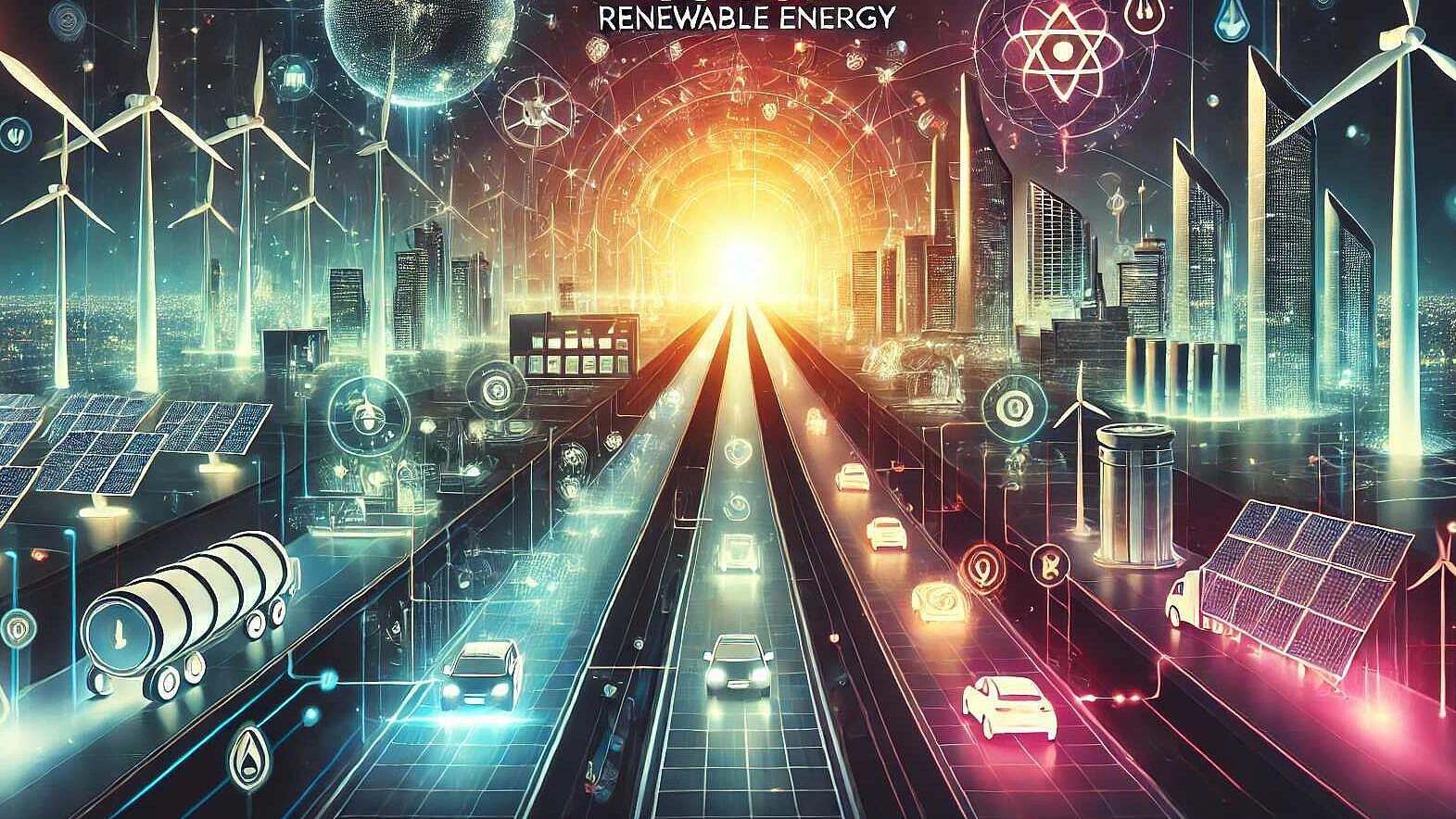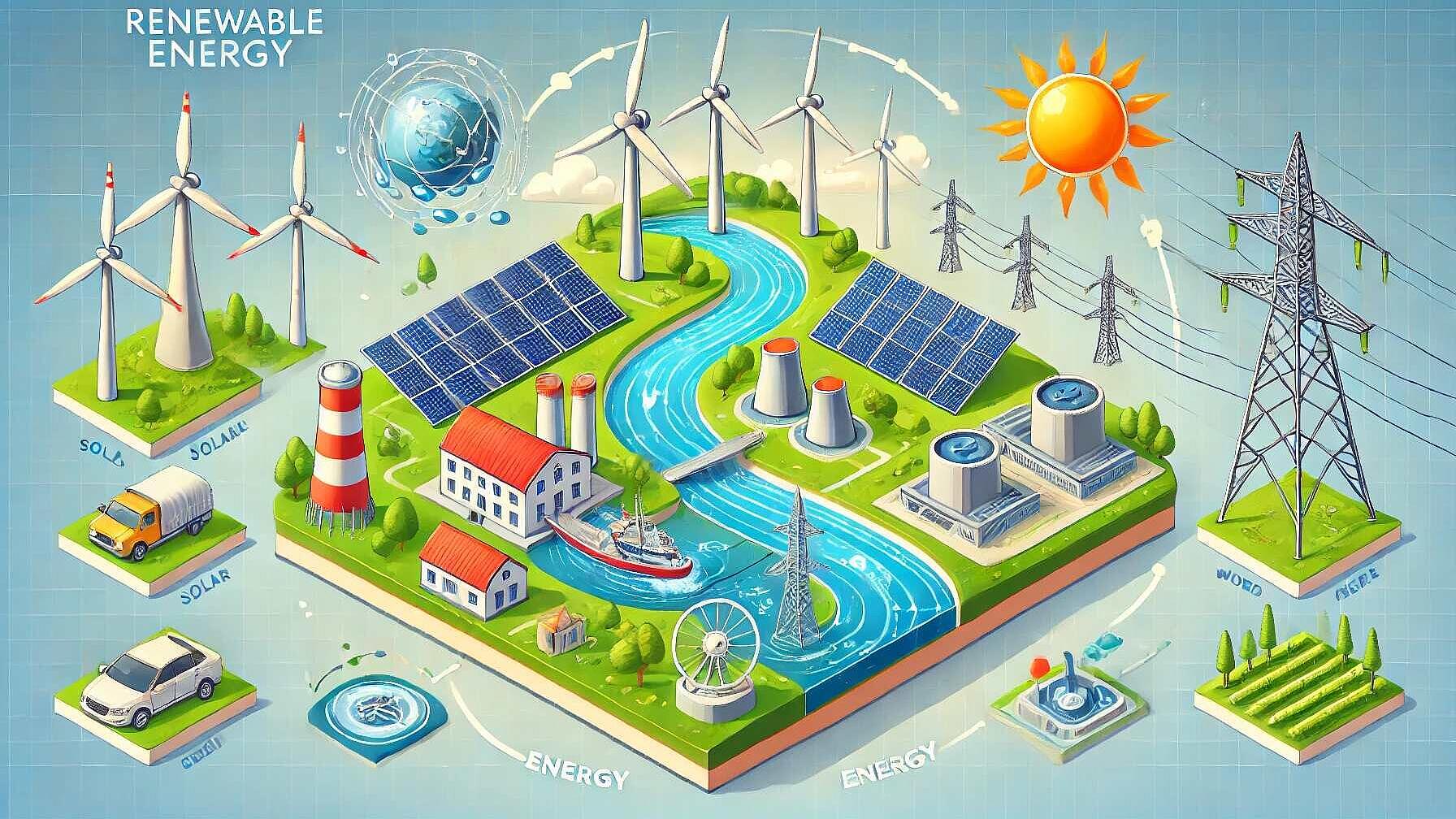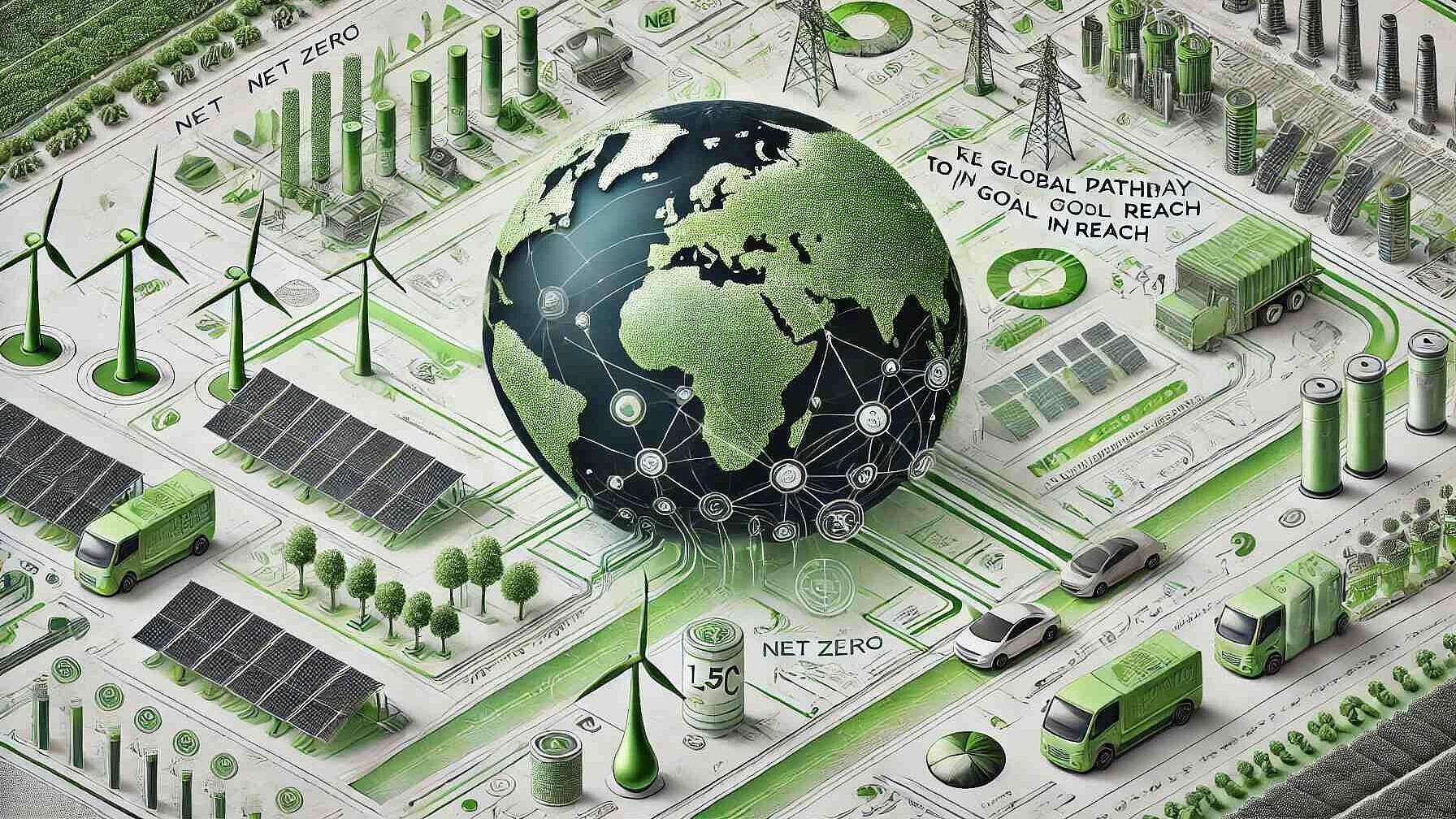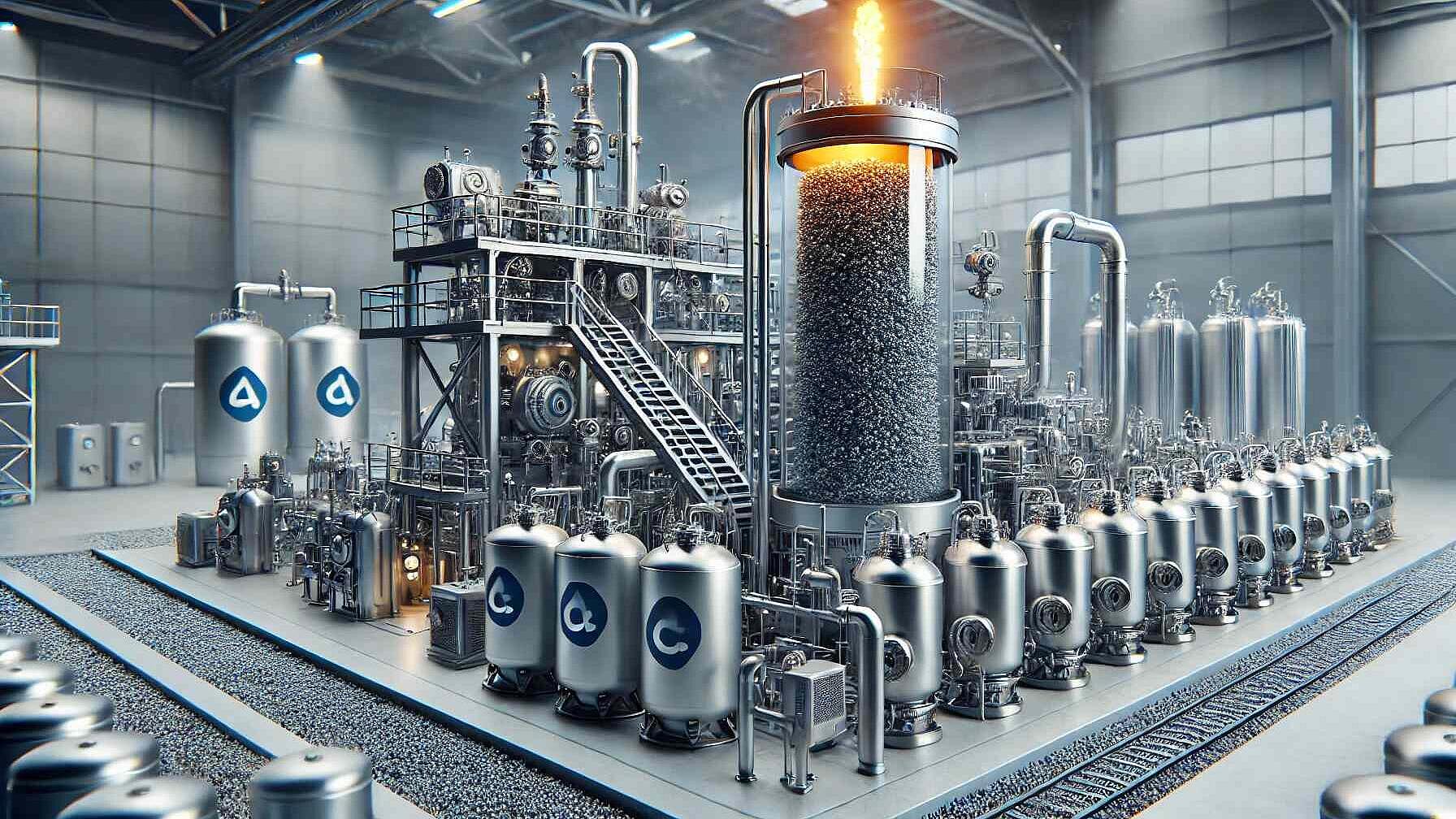 Renewable Energy
Renewable EnergyRenewable Energy
Carregando à frente: Como os veículos eléctricos estão a impulsionar um futuro sustentável para a próxima geração de inovadores
O documento analisa o crescimento significativo da adoção de veículos eléctricos (VE), impulsionado pela inovação tecnológica, preocupações ambientais e políticas governamentais de apoio. Em 2024, prevê-se que os VE representem um em cada cinco automóveis vendidos a nível mundial, com a China, a Europa e a América do Norte a liderarem a expansão do mercado. O custo das baterias dos veículos eléctricos diminuiu substancialmente, aumentando a acessibilidade dos veículos eléctricos. Persistem desafios como as infra-estruturas de carregamento, em especial nas zonas menos urbanas, e a ansiedade dos consumidores em relação à autonomia. Os avanços tecnológicos estão na vanguarda da revolução dos veículos eléctricos, com desenvolvimentos na tecnologia das baterias, como as baterias de estado sólido, que prometem maiores distâncias e tempos de carregamento mais rápidos. O ecossistema dos veículos eléctricos está a tornar-se mais inteligente, com estações de carregamento ultra-rápidas e tecnologia "Vehicle-to-Grid", que permite o retorno de energia à rede. A IA e a IoT estão a melhorar a funcionalidade e a experiência do utilizador com manutenção preditiva e estratégias de carregamento optimizadas. O documento sublinha que a mudança para os veículos eléctricos é crucial para combater as alterações climáticas, reduzindo as emissões de gases com efeito de estufa do sector dos transportes. A adaptação está a transformar as indústrias, a forçar mudanças nas cadeias de abastecimento e a criar novas oportunidades de emprego. Os impactos mais alargados incluem potenciais benefícios sociais, tais como cidades mais calmas e custos de saúde reduzidos devido à melhoria da qualidade do ar. Por último, o documento apela aos jovens profissionais e estudantes para que se envolvam no sector da mobilidade eléctrica, salientando o potencial de carreiras que contribuem para a sustentabilidade, a inovação tecnológica e a criação de soluções de transporte equitativas. A revolução eléctrica representa uma mudança substancial nas nossas infra-estruturas energéticas e no planeamento urbano, exigindo uma nova vaga de inovação e liderança.
Leer Artigo completoRevolução EV: Transformar a mobilidade global através da inovação e da acessibilidade
Em 2024, as vendas globais de veículos eléctricos (VE) ultrapassaram os 17 milhões, um aumento significativo em relação aos totais de 2020. As vendas de automóveis eléctricos na China atingiram os 11 milhões, impulsionando a acessibilidade e a adoção a nível mundial. A redução dos custos das baterias e os avanços tecnológicos melhoraram a competitividade dos VE, enquanto a expansão das infra-estruturas de carregamento apoiou o crescimento do mercado de VE. Os transportes comerciais eléctricos também ganharam impulso, com os camiões eléctricos a tornarem-se economicamente mais viáveis. As projecções sugerem que os VE continuarão a crescer, atingindo quotas de mercado substanciais a nível mundial até 2030.
Leer Artigo completoEntre numa Páscoa Verde: Renováveis, eficiência e poupança de energia!
A Páscoa influencia os mercados da eletricidade, com o aumento do consumo doméstico de energia, a diminuição do consumo industrial e o estabelecimento, no Reino Unido, de níveis recorde de intensidade de carbono devido às elevadas contribuições das energias renováveis durante as férias. Os benefícios sazonais da energia solar e as práticas de eficiência energética nos lares e nas indústrias reforçam a sustentabilidade.
Leer Artigo completoGaseificação da biomassa: A chave para a descarbonização das indústrias com utilização intensiva de energia
O projeto da UE CORALIS explora a viabilidade técnico-económica da gaseificação da biomassa para descarbonizar indústrias de energia intensiva, destacando o seu potencial com a produção de gás de síntese e biochar como alternativas aos combustíveis fósseis. As operações em maior escala demonstram melhores retornos económicos, com impactos positivos significativos nos esforços de descarbonização industrial.
Leer Artigo completoQuiz Your Way to Energy Mastery! Discover, Learn, and Win with EnerWhizz
EnerWhizz is a mobile quiz game designed to teach players about energy efficiency and renewable energy in an engaging and competitive format, offering rewards, multilingual support, and opportunities for global competition.
Leer Artigo completoAproveitar o carbono: o ambicioso plano europeu de gestão do carbono industrial
A estratégia de gestão do carbono industrial da UE tem como objetivo a neutralidade climática até 2050, visando inovações na captura e utilização de carbono (CCU), na captura e armazenamento de carbono (CCS) e no transporte de CO2 através de uma rede de 19 000 km. Esta abordagem transformadora, que promove uma cadeia de valor do carbono, poderá gerar entre 45 e 100 mil milhões de euros e criar entre 75 000 e 170 000 postos de trabalho até 2030, posicionando simultaneamente a UE como líder mundial em tecnologias de gestão do carbono. A estratégia coloca a tónica no investimento, na I&D, na participação do público, na cooperação internacional e no desenvolvimento regulamentar.
Leer Artigo completoA revolução das energias renováveis: Alimentar o nosso futuro
Os estudos traçam cenários para um sistema de energia 100% renovável até 2050, destacando a eletrificação, a predominância da energia solar e eólica, a criação de emprego, a flexibilidade da rede, a importância do armazenamento de energia, o papel do hidrogénio verde e os benefícios socioeconómicos, incluindo ganhos em termos de saúde e emprego.
Leer Artigo completoO poder das energias renováveis: Uma nova era em energia limpa
O panorama energético global está a mudar para as energias renováveis, sendo a eólica e a solar as fontes de crescimento mais rápido. A inovação em matéria de eficiência, armazenamento e redes inteligentes está a impulsionar esta transformação. Apesar de desafios como a integração da rede e o desenvolvimento de políticas, as energias renováveis são fundamentais para a criação de emprego, a independência energética e o combate às alterações climáticas, oferecendo diversas oportunidades de carreira.
Leer Artigo completoAccelerating the Clean Energy Transition: An Updated Roadmap to Net Zero Emissions
The IEA's 2023 Net Zero Roadmap update outlines steps for a 1.5°C-aligned energy transition, emphasizing rapid clean energy deployment and innovation. It sets key 2030 milestones, including tripling renewables, improving efficiency, increasing EV sales, and reducing methane emissions. Global cooperation and investment are critical.
Leer Artigo completoHarnessing Hydrogen: The Promise of Catalytic Methane Decomposition
Catalytic methane decomposition (CMD) offers CO2-free hydrogen production using transition metal catalysts, overcoming challenges of catalyst deactivation through strategies like bimetallic catalysts and reactor design innovations. Economically competitive, it potentially enables carbon-negative hydrogen via biogas, with valuable carbon byproducts.
Leer Artigo completo